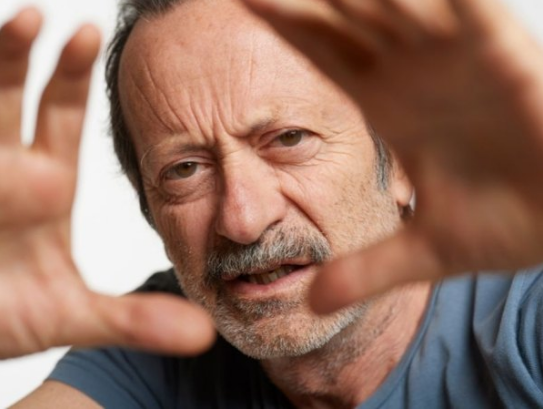Rocco Papaleo will be on stage at the Teatro Sociale in Trento for two consecutive days, on 10 and 11 November 2023, and will star in Nikolaj Gogol's "The Inspector General", one of the greatest masterpieces of Russian drama. Written in 1836, but tragically more current than one can imagine, it lives on today thanks to the direction of Leo Muscato.
It is an extremely funny satirical comedy that makes fun of the moral littleness of those who hold power and consider themselves untouchable. It is perhaps the most analyzed, criticized, misunderstood, defended, opposed work of Russian literature of all time. Gogol himself felt obliged to write several texts that would dispel the misunderstandings that arose upon his debut. It was not the first time that the daily abuses of state bureaucrats were depicted on Russian scenes. But all the previous texts were based on the contrast between good and evil, with positive and negative characters. In the Inspector General, on the other hand, for the first time, the characters all seemed to be negative, and for the spectators of the time, this was inconceivable. Even the ending appeared excessively ambiguous, both because the triumph of justice and the punishment of the corrupt was not made explicit on the scene, and because it was not made explicit whether the true inspector general announced in the last scene would do justice or behave like the false auditor.
The opera is an emblematic expression of Gogolian theatre and its attempt to denounce, through laughter and comedy, the corrupt bureaucracy of Tsarist Russia. We are in a world where injustice and abuse dominate existence. But it is not man who is evil; it is society that makes him corrupt and corrupting, profiteer, exploiter, cheater.
Many viewers saw the text as a threat to the established order: the abuses of officials could not constitute the subject of a naturalistic comedy, because they certainly dealt with particular cases. According to those viewers, the works focused only on the negative aspects of reality could only have the character of farce in the same way as vaudeville. In fact, Gogol's text is much more metaphorical than naturalistic. The town in which the action is set does not represent a concrete Russian locality, but a small intact and self-sufficient social world, a perfectly isolated autonomous microcosm in which the author brings together all the evil observed in Russia.
